Rich and poor people differ primarily in their access to and management of financial resources, leading to disparities in lifestyle, opportunities, and overall life expectancy.
The rich typically have significant assets and investments, enabling them to afford luxuries and gain better healthcare and education, while the poor often struggle to meet basic needs and may live with a daily focus on survival rather than long-term planning.
Financial Resources
Rich:
Possess substantial wealth, multiple income streams, and invest in assets that generate more income, making money work for them.
Poor:
Have limited financial resources, often living paycheck to paycheck and struggling to cover basic necessities like rent, food, and transportation.
Lifestyle & Opportunities
Rich:
Enjoy a high standard of living, including comfortable homes, luxury goods, and access to high-quality healthcare and education. They have the freedom to pursue their goals and can invest in their future.
Poor:
Experience hardships, a limited range of choices, and may lack access to essential resources. Their focus is often on immediate survival, making it difficult to plan for the long term or take advantage of opportunities.
Mindset & Habits
Rich:
Tend to be focused on achieving long-term goals and view money as a tool to create more wealth through investments.
Poor:
May be more prone to distractions and live with worries about meeting basic needs, limiting their ability to engage in long-term financial planning and investment.
Health & Time
Rich: Can afford the best medical care and are more likely to live longer lives.
Poor: May have limited access to quality healthcare, and their life expectancy can be significantly shorter.
Access to Assets
Rich:
Invest in assets like stocks and real estate that appreciate over time, leading to continued wealth growth.
Poor:
May keep their money in savings accounts rather than investing it, and often lack the capital to invest in income-generating assets.
The importance of giving cannot be overstated. It creates a sense of community, builds trust, and strengthens relationships. It also helps to address social problems such as poverty, hunger, and homelessness. Giving is a way to show compassion and empathy for others and to make a positive impact on the world.
your spiritual need for God, acknowledging that your spiritual worth and good qualities come from Him, and acting as a “beggar” for His mercy and grace rather than relying on self-sufficiency. It’s a humble, dependent posture before God, acknowledging you cannot earn His gifts and that everything good is a result of His grace.
Key Aspects of Being “Poor in Spirit”
Spiritual Poverty:
It is a deeper reality than just physical poverty; it is a recognition of one’s own spiritual emptiness and a fundamental need for God.
Dependence on God:
It means understanding that you are not self-sufficient and that every good thing in your nature comes from God, not from yourself.
Humble Posture:
The phrase describes a spiritual posture of humility, like a beggar asking for mercy and grace because they are unable to provide it themselves.
Receiving God’s Gift:
A person who is poor in spirit acknowledges that spiritual blessings, like the Kingdom of Heaven, are a gift from God, not something earned through personal merit.


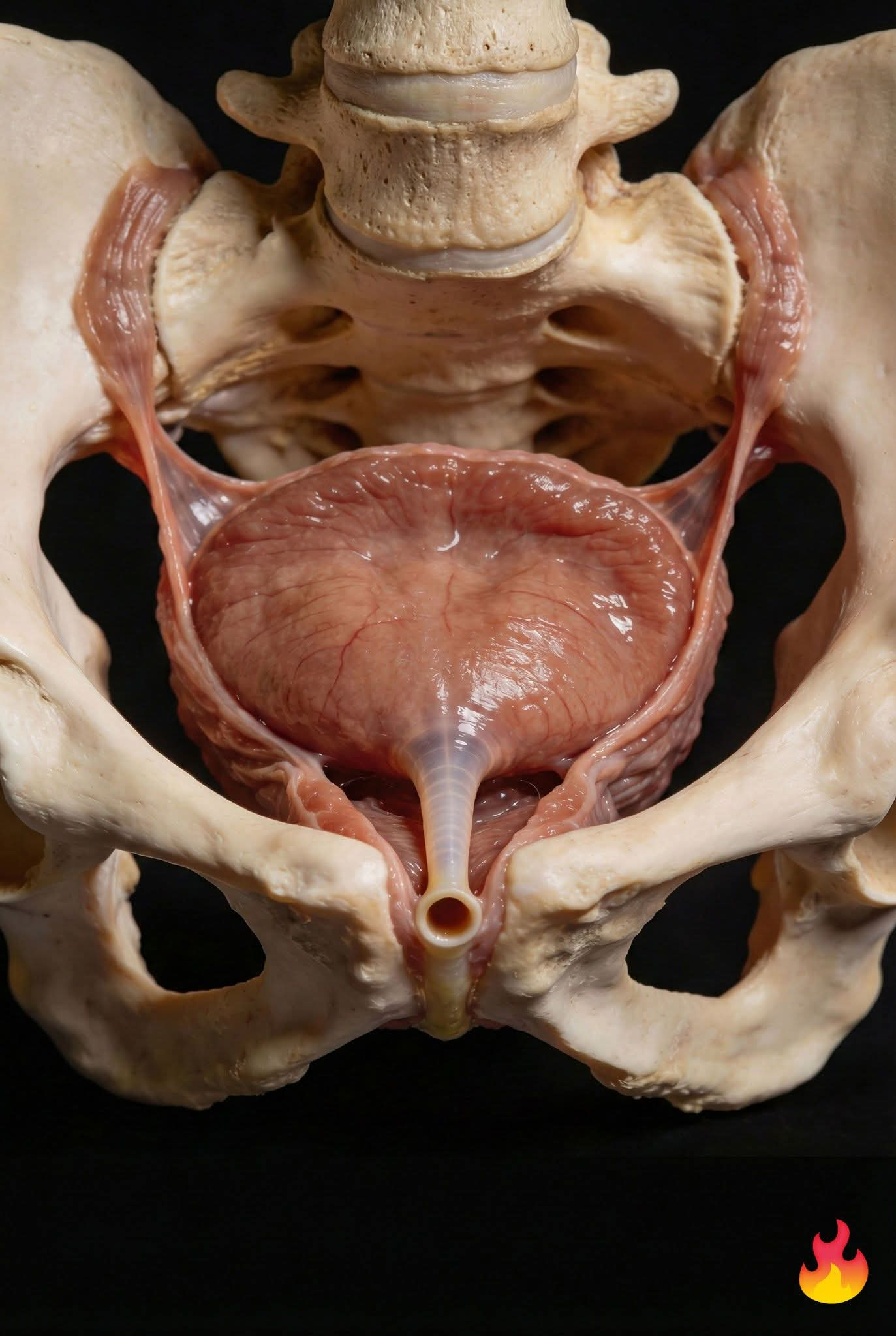
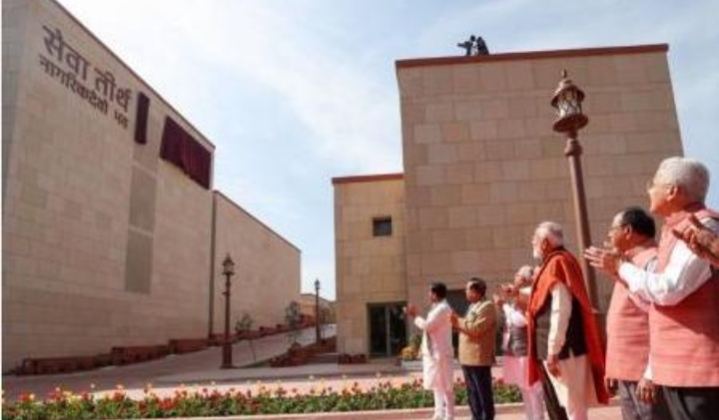





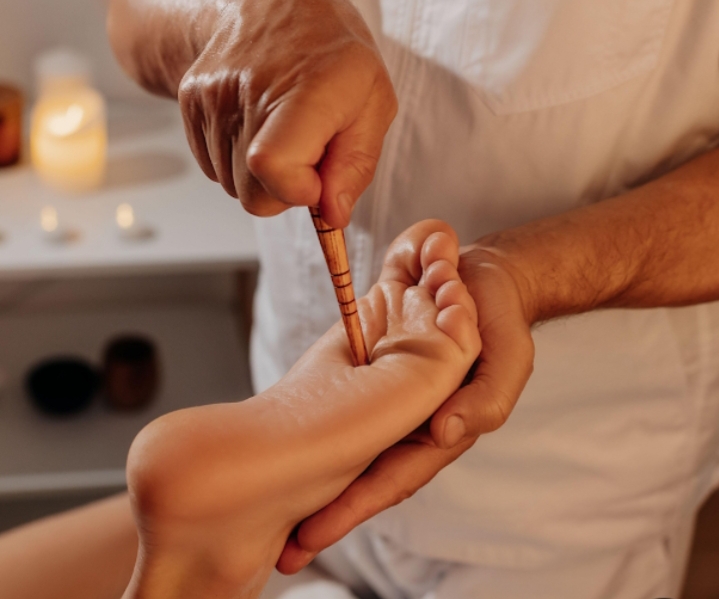

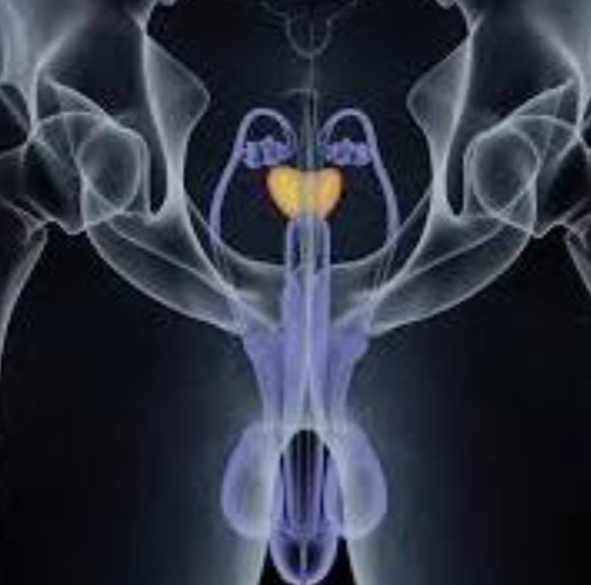
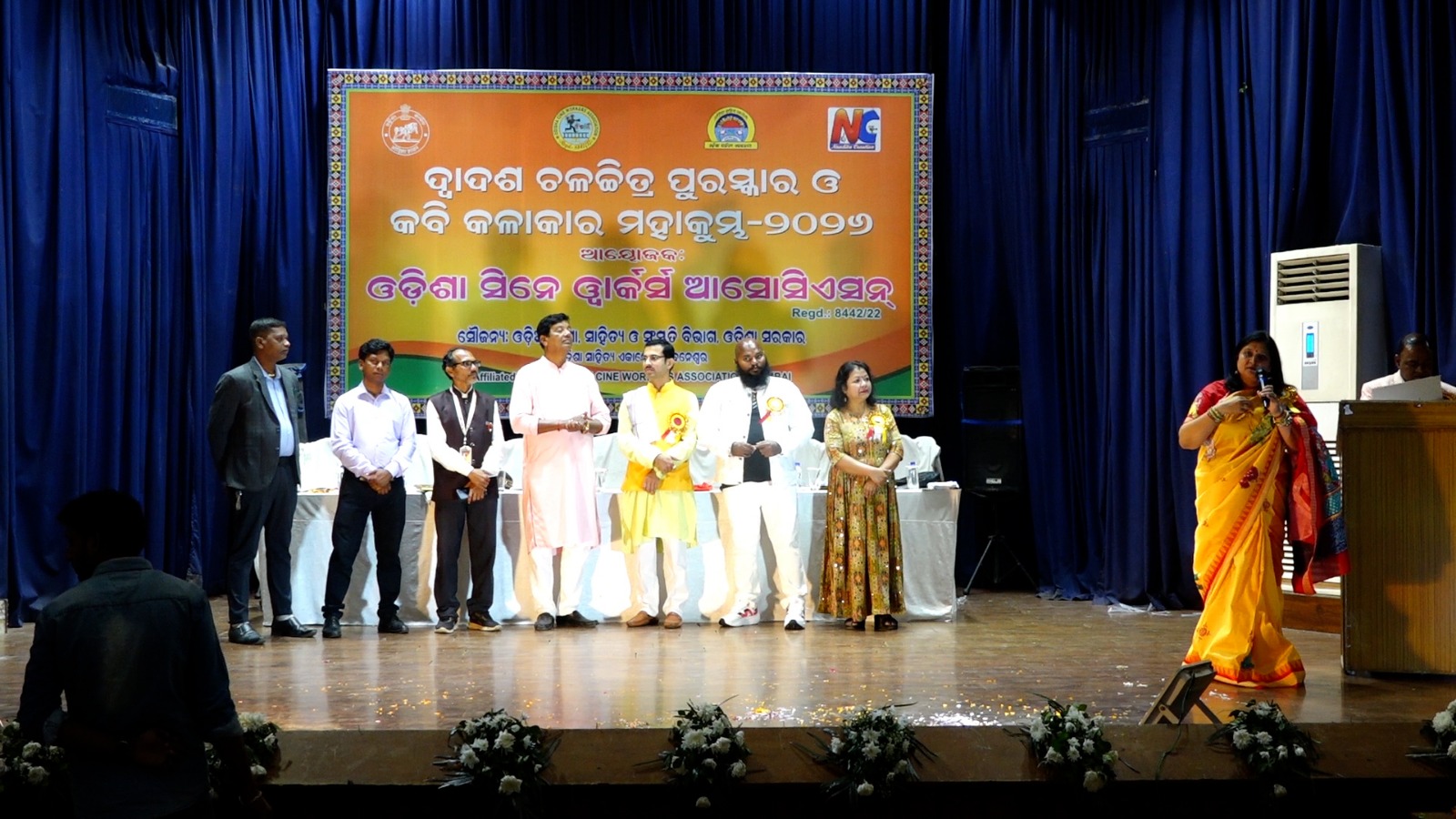
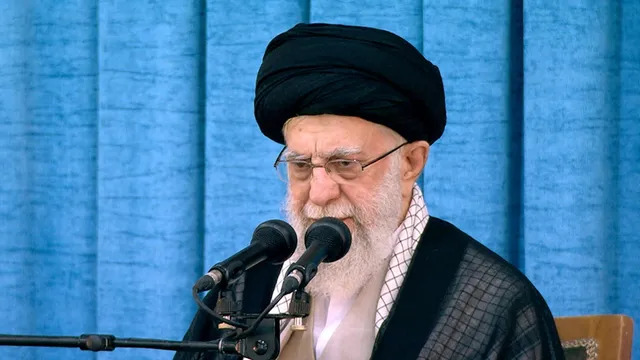

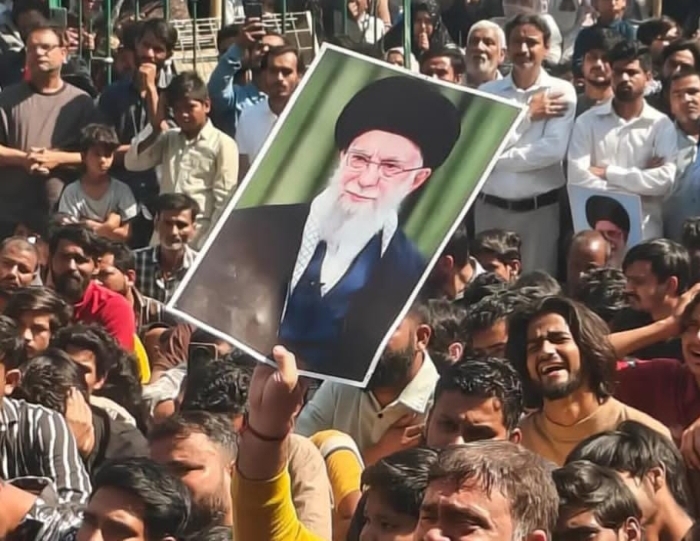
Leave a Reply